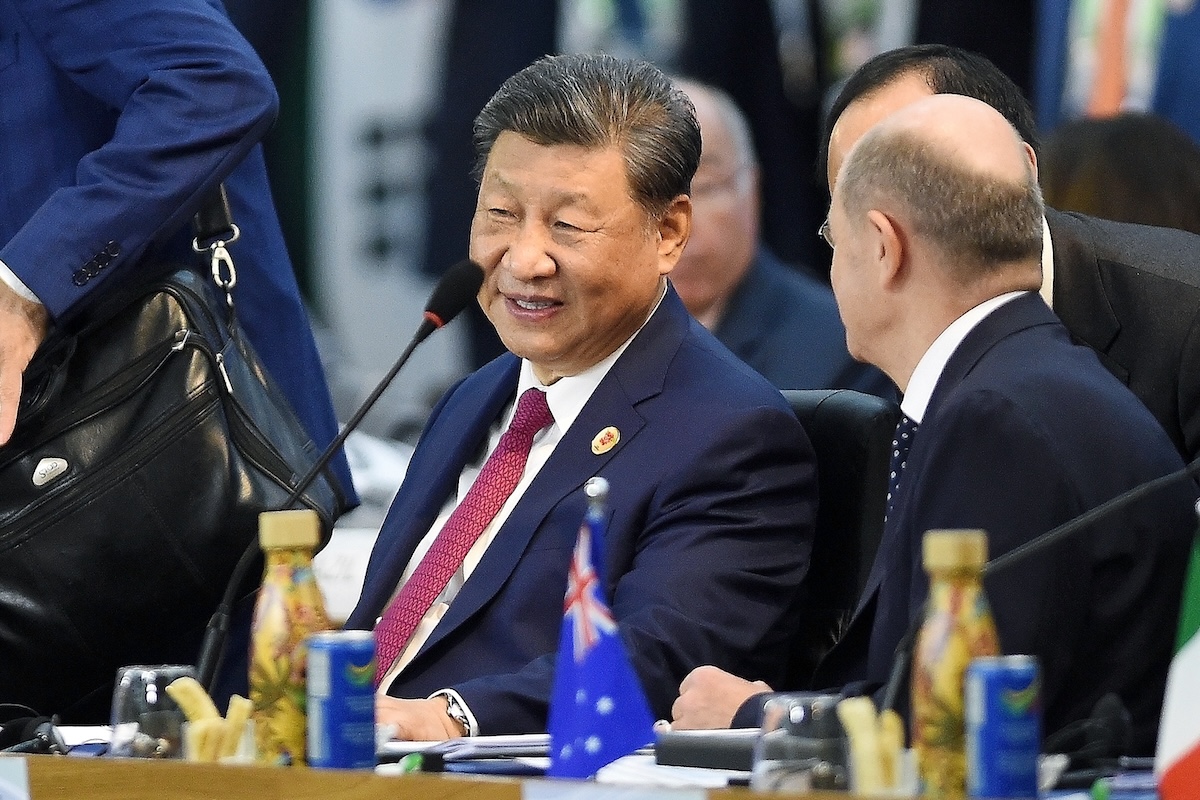
The U.S. and China may have hit pause on tariffs with a 90-day truce, but trade tensions are still simmering below the surface — especially when it comes to advanced tech.
Just days after the White House announced a “China trade deal,” the Department of Commerce’s Bureau of Industry and Security (BIS) issued new warnings over the use of Huawei Ascend chips, stating that these chips remain under strict export controls.
According to the BIS, using Huawei chips “anywhere in the world violates U.S. export controls.” The agency flagged specific processors — the Ascend 910B, 910C, and 910D — which it believes were developed using U.S. technology without proper authorization.
“These chips were likely developed or produced in violation of U.S. export controls,” the agency stated.
Trade talks pause but tech crackdown goes on
The renewed enforcement stance adds friction to what had looked like a breakthrough in U.S.-China trade.
Analysts say the Trump administration now plans to enforce restrictions through bilateral trade deals. It’s slower, more fragmented strategy that could leave chipmakers and developers navigating unclear rules for years.
“Signing multiple bilateral agreements would likely take enormous amounts of time,” warned Bernstein analyst Stacy Rasgon, calling the approach “potentially worse than the current [AI] diffusion framework.”
Tech stocks shrug off news
The latest Huawei crackdown could further complicate the landscape for Nvidia (NVDA), which is already facing billions in lost revenue due to U.S. export bans on advanced chips.
As Investors Observer reported, export restrictions are expected to cost Nvidia $5.5 billion this quarter alone.
CEO Jensen Huang has been critical of the rules, warning U.S. lawmakers that fractured policy risks ceding leadership in the global chip race.
“If we lose that ecosystem to our competitors, it will be almost impossible to get back,” Huang said.
Despite the long-term concerns, Wall Street has responded with optimism.
U.S. megacap tech stocks added $800 billion in value following the White House trade announcement, and Nvidia shares have climbed more than 15% in the past week, pushing its market cap to $3.3 trillion.
The Nasdaq Composite Index is also in rebound mode, rising more than 6% this week and officially re-entering a bull market.
Your email address will not be published. Required fields are markedmarked